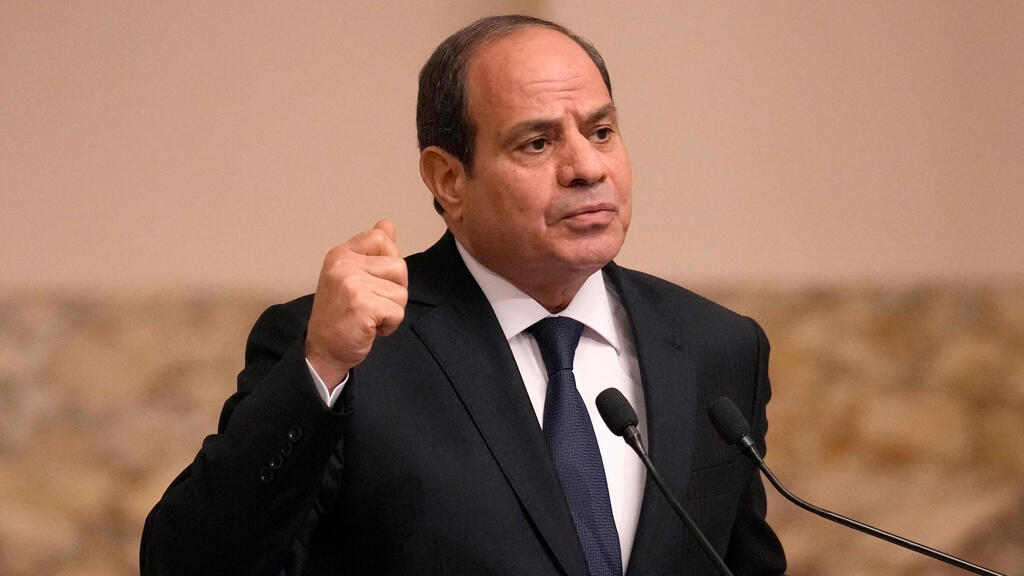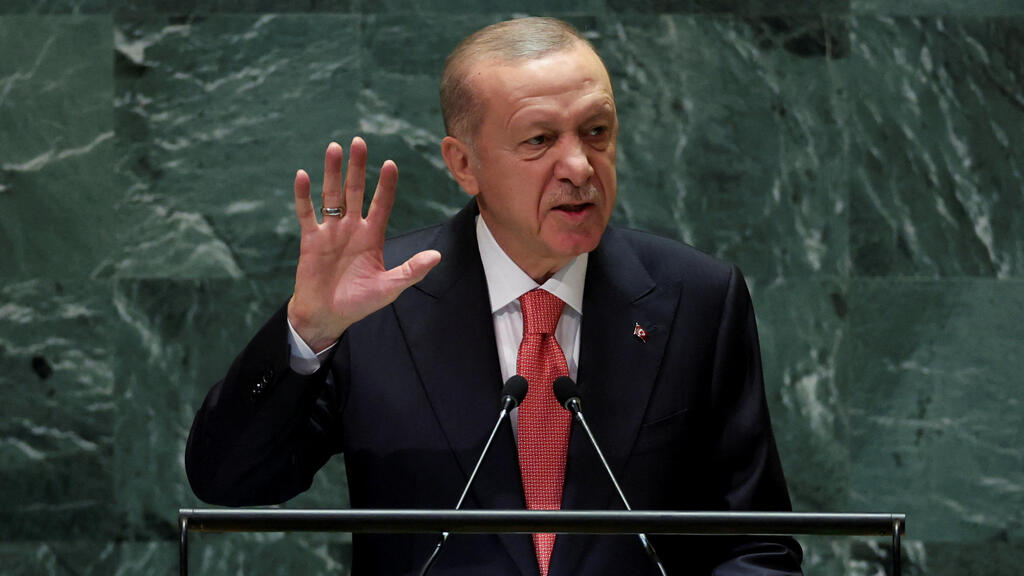Getting your Trinity Audio player ready...
Cairo is in the process of developing new diplomatic ties in order to better position itself in the Middle East. This September for the first time after 11 years of icy relations, Egyptian President Abdel-Fattah al-Sissi went to Turkey on a state visit, and signed a series of bilateral economic, technological and strategic agreements.
The two leaders this month also discussed expanding bilateral trade to $15 billion and exploring further possible cooperation in energy and defense. At the same time, Iran is continuing its efforts to renew diplomatic relations with Cairo as part of its "peace with the neighbors" strategy.
This strategy was adopted by Iran's supreme leader, Ayatollah Ali Khamenei, who was also able to achieve reconciliation with the United Arab Emirates and with Saudi Arabia.
Turkey’s terrorist support causes suspicion in Egypt
However, Turkey's unwavering support for Hamas and the Muslim Brotherhood, remains a major point of divergence for Egypt. The ideology of the Muslim Brotherhood has shaped Turkish President Recep Tayyip Erdogan's current policies no less. Hamas operated alongside the Brotherhood in Egypt until 2017, engaging in terrorist activities aimed at undermining President al-Sisi’s administration.
Both Hamas and the Brotherhood are substantially underwritten by Qatar, which also allows leaders of both groups to reside in Doha, Qatar’s capital. The Egyptian government is understandably apprehensive therefore about any reinforcement of the Muslim Brotherhood within the country, particularly amidst the ongoing conflict in the Gaza Strip.
As long as Erdogan supports the Muslim Brotherhood in and out of Turkey, Egypt will continue to be suspicious of Erdogan’s intentions and unpredictability.
3 View gallery


Turkish President Recep Tayyip Erdogan and Egyptian President Abdel-Fattah al-Sissi
(Photo: HANDOUT)
Recent reconciliation between Turkey and Egypt
As recently as 2019, a state visit with his Egyptian counterpart el-Sissi would have been out of the question for Turkish President Erdogan. Relations between Turkey and Egypt have in fact been virtually non-existent since the Egyptian military, then led by el-Sisi, overthrew democratically elected President Mohamed Morsi in 2013 – a close ally of Erdogan.
Hundreds of Morsi supporters have since been sentenced to death in Egypt, while Morsi and top Muslim Brotherhood figures have also faced trial. In Erdogan’s view until recently el-Sissi simply was "a murderer" following these actions.
But finding himself increasingly isolated in the region and faced with a struggling domestic economy, Erdogan began to seek reconciliation. Both presidents shook hands during the 2022 FIFA World Cup in Qatar and further diplomatic rapprochement followed after the devastating earthquake in Turkey in 2023.
Erdogan calls for Islamic alliance against Israel
In an apparent bid to further manipulate his standing in the Middle East by using the current conflict, Erdogan said in September that Islamic countries should form an alliance against what he called “the growing threat of expansionism” from Israel.
“Israel will not stop in Gaza,” he claimed in reference to the current conflict. “If Israel continues in this manner, it will set its sights elsewhere after occupying Ramallah. The turn will come for other countries in the region. It will come for Lebanon, Syria. They will set their eyes on our homeland between the Tigris and Euphrates”.
It is unclear what Erdogan was referring to, as Israel has made no such declarations. Foreign Minister Israel Katz called Erdogan’s accusations that Israel wants to conquer Middle Eastern countries “a dangerous lie and incitement.”
To conclude: Egyptian President Abdel-Fattah al-Sissi is making diplomatic moves in Turkey and Iran. Nevertheless, Turkey's unwavering support for Hamas and the Muslim Brotherhood remains a major point of divergence for Egypt.
 Jennifer Teale
Jennifer TealeErdogan said in September that Islamic countries should form an alliance against what he called “the growing threat of expansionism” from Israel. Foreign Minister Israel Katz called these accusations “a dangerous lie.”
Get the Ynetnews app on your smartphone:



